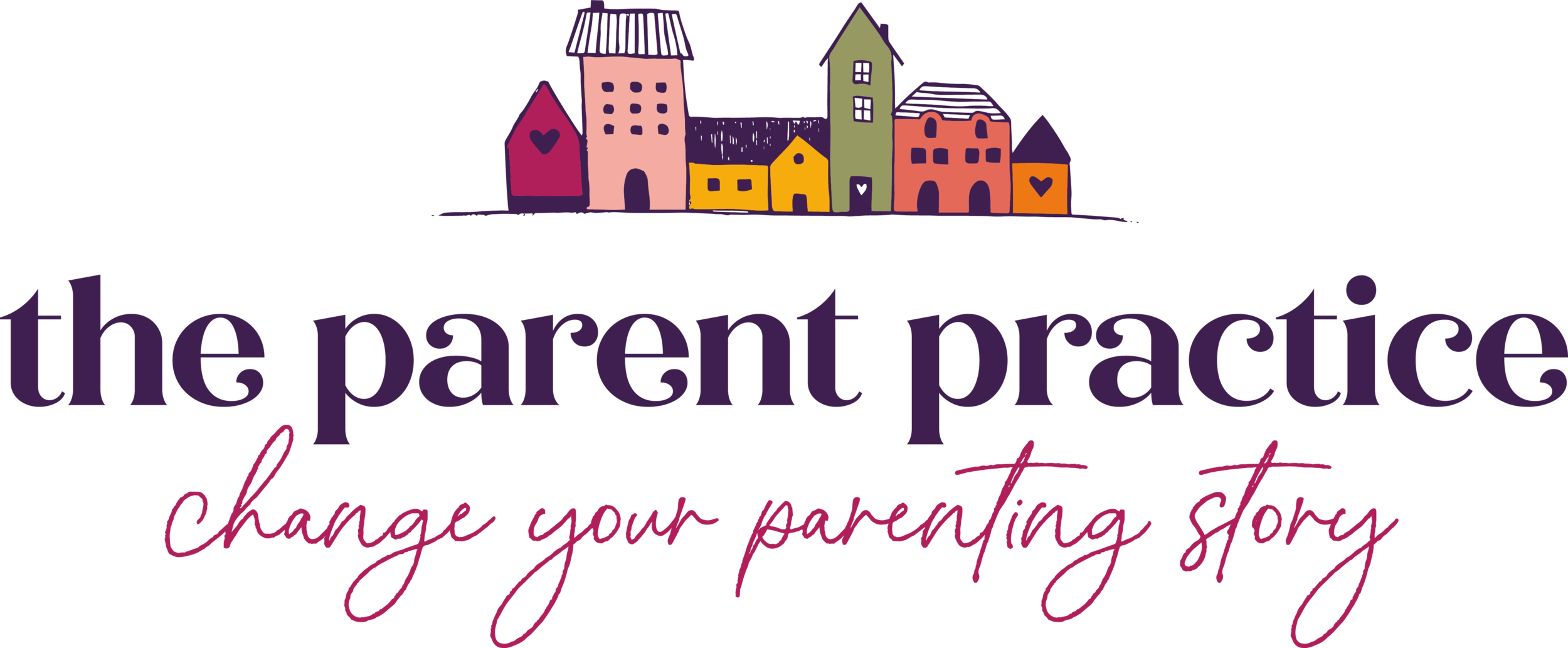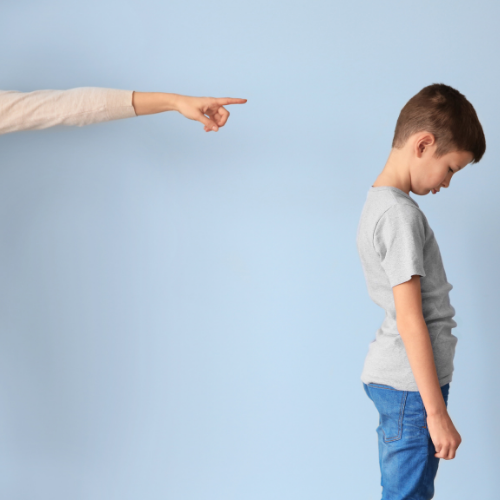Positive Discipline without Smacking
Last week the Royal College of Paediatrics and Child Health urged ministers to follow the lead of Scotland and Wales, and said it was “a scandal” that Scotland and Wales had outlawed smacking but not the other two home nations.
In all the 15 years I’ve been a parent coach, the debate about smacking children has never gone away and opinions still to this day are very polarized on this subject.
The evidence is that overwhelmingly when parents smack their children they do so, not in a controlled way to discipline them, but because the parent is overwhelmed by their own emotions. Perhaps they are so overcome with fear, for example when a child runs into the street, or out of anger or frustration. Often, it’s because in the moment they don’t know what else to do –they feel powerless.
Here’s the thing, though. A child who has been smacked knows full well (even if they can’t articulate it) that his or her parent has lost control. One of the fastest ways to lose your children’s respect is through using smacking as a means of discipline.
There is no doubt at all that positive discipline is necessary, but the point of any method of discipline is to teach and smacking is the least effective of all the tools at our disposal, if teaching is our goal. Children are not so open to learning if they are shocked and hurting. We are in danger of teaching them something we don’t intend if we use smacking - that when you are an adult you can use your power to hurt, that you can resolve conflict or get your way by hurting. That is not what parents intend when they smack, and I would never judge a parent for smacking but it is clear that parents need to be supported in the difficult job of raising children by giving them tools other than smacking.
Over the past two decades, the movement towards Positive Parenting and Positive Discipline has thankfully gathered speed and support. We now know – through brain science - that positive discipline brings with it so many benefits. In his book, ‘No Drama Discipline’, Dan Siegel outlines the benefits as: “foster[ing] development that builds good relationship skills and improves your children’s ability to make good decisions, think[ing] about others, and act[ing] in ways that prepare them for lifelong success and happiness.”
Positive discipline is a way to build a healthier brain through teaching children appropriate behaviours.
Whenever the discussion about smacking arises, I always reflect on Haim Ginott’s very sage comment:
“When a child hits a child, we call it aggression.
When a child hits an adult, we call it hostility.
When an adult hits an adult, we call it assault.
When an adult hits a child, we call it discipline.”
― Haim G. Ginott
So, what are some quick tips for more positive discipline?
1. Use your praise descriptively to prevent poor behaviour starting. When faced with misbehaviour we don’t generally think of praising our children, but the onus is on us as parents to change the mood, the vicious cycle of poor behaviour, then criticism and more misbehaviour. It’s a misaligned strategy when parents focus on pointing out what the child is doing wrong, in order to make them stop. It’s a misconception that by criticising and telling off, we think we’re going to motivate our children to do something different and it just doesn’t work
2. Put more time, effort and focus on your children earning privileges for good behaviour, rather than taking things away for misbehaviour. Think of discipline as a positive tool, and this positive focus is very motivational and helps develop intrinsic motivation.
3. Positive discipline is all about being PROACTIVE not REACTIVE: set things up so the children can get things right, rather than waiting for things to go wrong and then resorting to reprimanding and punishing. Clear consistent rules and boundaries are essential here to help the children know what’s expected of them.
4. Don’t use the ‘Naughty Step’. This is one of the main sound bites from the Super Nanny programmes and if you one of many parents who has used it and feels a failure for not being able to make it work, either because your child will not stay there, or he thinks it’s a game or it has no impact on changing the behaviour – you are not alone. The naughty step and other punitive and shaming forms of dealing with misbehaviour seem to work in a fashion - i.e. short term they can quell a particular behaviour in the moment, but the unintended results are often:
· resentment and rebelliousness
· reduced self-worth
· naughty identity –i.e. the child has a picture of himself as a ‘bad’ person and bad people go on to do bad things, as that is who they think they are
· they may learn to toe the line in the moment due to fear
· they don’t learn about self-discipline nor understand how to clear up their mistakes
5. If misbehaviour does occur, do take action and deliver consequences that are relevant and meaningful to the misdemeanour. Think of every mistake as a teachable opportunity. So, refusing to allow your child to go to a birthday party at the weekend, for throwing their meal onto the kitchen floor is going to cause resentment and rebellion. Rather deliver a meaningful teaching/ fixing consequence getting them to clear up the mess, and make amends.
6. Use ‘The Mistakes Process’ as a step by step guide to what to do and say when your child misbehaves:
· Approach the matter without anger or judgment. (This may necessitate leaving it until you’re calm). So connect before you correct.
· Encourage the child to admit what happened and that it was a mistake. Why was it a mistake?
If child says ‘I didn’t mean to’ don’t lecture them on how that doesn’t matter and that the harm is still done. Descriptively praise the child for not meaning to.
“I’m so glad that you didn’t mean to. It means a lot to me. It shows me that you know it wasn’t the right thing to do and that maybe you wouldn’t have done it if you’d thought about it.”
Explore with the child (without judgment) how the behaviour happened. Don’t just ask why did you do that? This is so that everyone can learn from the episode –maybe something needs to be altered for the future.
· Make amends – set wrongs to rights. Fix someone’s upset feelings. This might include an apology but not unless the child is ready.
“You’re probably sorry inside your head –when you’re ready you’ll also need to apologise out loud. You’re probably wishing you hadn’t done this.”
Sometimes just clearing up the mess (eg washing the ink off the walls) is enough to help them alter their behaviour ….but shouting at them would not!
· Alter behaviour- What can you learn from this? /what can you do differently? What would help you not to do this again? Maybe we need a rule about where you can use your coloured pens?
· Acceptance - forgive self. We want to teach our children to think ‘when I make a mistake I know how to clear it up.’
If you’d like to learn more about positive discipline, listen to my free pre-recorded webinar about Every Mistake is a Teachable Opportunity and get a free E book in the process.

